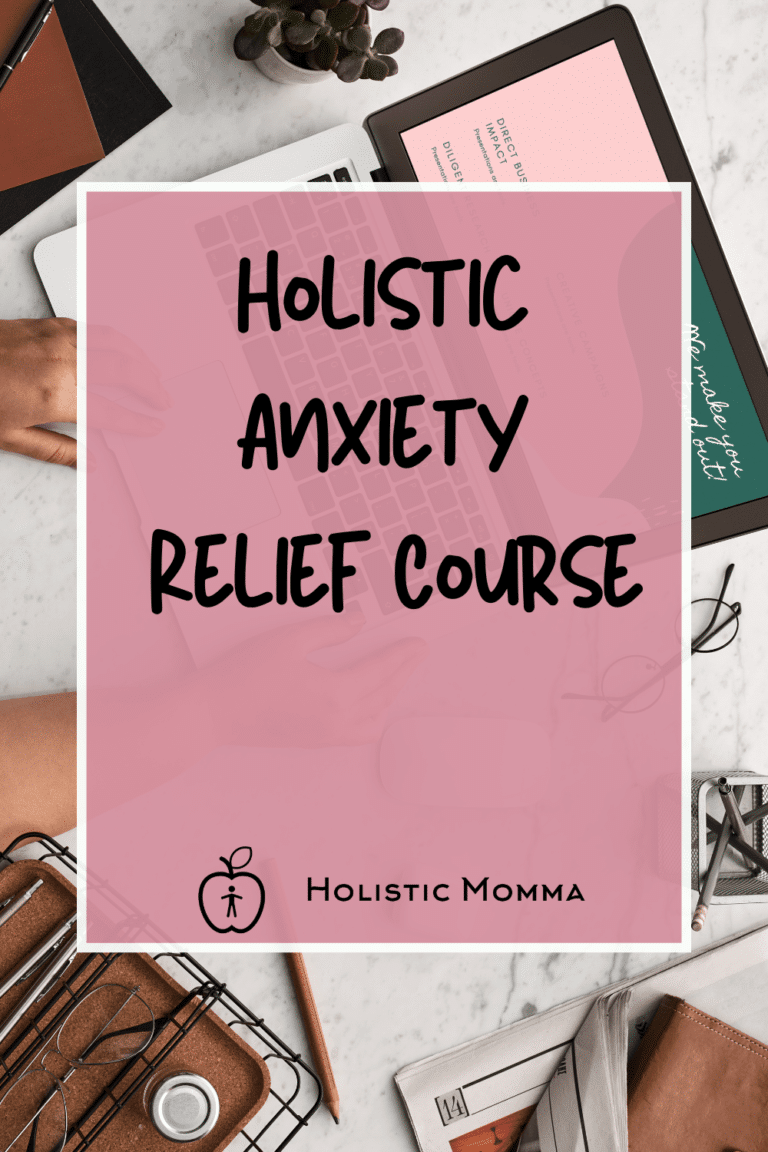List of Emotions: A Guide to Better Understand Yourself and Others

Table of Contents
What Are Emotions?
According to traditional theory, “Emotions are feelings that are associated with the experience.” Since there are different experiences with a person, other emotions are associated with a person. Emotions are particular types of feelings that are influenced by some experience. Emotions are naturally the driving force that moves us in or against other powers. This list of emotions will help you be able to better identify the meaning behind why you feel a certain way.
What Are Different Emotions?
As described above, emotions are experienced in different types. Emotions are of two types:
- Positive emotions
- Negative emotions
Positive Emotions
Positive emotions are those emotions that we find pleasurable. These emotions are usually due to the positive environmental influence on your mind and body. Following is the list of some positive emotions:
- Serenity
- Happiness
- Amusement
- Enjoyment
- Interest
- Joy
- Love
Positive emotions differently affect our brain than negative emotions. Positive emotions affect our brain in the following ways:
- First, it encourages us to focus on important things to us. It increases positive energy in ourselves and does not distract us as negative emotions do.
- Positive emotions reduce the stress hormone in our body; resultantly, we feel good.
- It also broadens our horizons and helps us develop new ideas.
Negative Emotions
Negative emotions are the type of emotions that are not pleasurable but exhausting to us. These emotions may be due to the negative effect of the environment on us. Those emotions that drag you down are negative. Following are some types of negative emotions:
- Loneliness
- Rage
- Disgust
- Anger
- Sadness
- Fear
- Envy
- Dispair
Negative emotions affect us differently, and our brains perceive things differently. Negative emotions affect our brain in the following ways:
- First, it helps us to tackle challenging emotional situations.
- Second, it helps us to learn from different stressful, dynamic situations.
- Third, it helps us not to involve too much with others. Fourth, it reduces the experience of empathy in ourselves.
Why Are Both Emotions Important?
Do we need negative emotions? This is important because nobody wants to feel negative emotions. We felt some negative emotions, and we do not want to touch them again. But here is the critical thing: negative emotions are essential in our daily lives. This is because of two reasons:
- Negative emotions counterpoint positive emotions. If there were no negative emotions, would the positive emotions feel so good? The answer is a big “No.”
- The second reason negative emotions are essential is that they give the person the survival instinct to cope with a loss in our lives and be strong in difficult situations.
Impact Of Different Emotions On Our Lives
Whether positive or negative, different emotions have different impacts on our lives. Following are some emotions and their effects on our life:
- Fear: to protect us from danger
- Sadness: to connect us with our loved ones
- Surprise: to tell us how to deal with new situations
- Trust: to connect us with our loved ones and seek help
- Joy: to give us energy and hope and remind us what is important
- Anger: to fight against the problem
The Third Type Of Emotion, Neutral Emotions
We usually don’t discuss these types of feelings. These emotions are defined in Buddhism as “not painful, not pleasant.” These emotions are in between two emotions that are positive and negative.
Some say that this third type of emotion is positive emotion as they have no pain and suffering. However, it is up to you what you think about these feelings or emotions as people have less interest in these types of feelings.
Balancing Both Emotions to Have A Meaningful Life
It is essential to balance both emotions in your life to have a joyful and meaningful life. Without balancing these emotions, you will stress out yourself and won’t do anything good to yourself or others.
The first thing is to understand the pattern of your emotions. At what particular time are you experiencing these emotions? The next thing is to learn how they affect you at that specific time. The last thing is to cope with them.
Dealing with emotions is not easy. It takes time to deal with your emotions, and it can be stressful initially. But with time and focus, you can deal with difficult emotional situations.
Stress – An Important Element Of Emotions
Conventional thinking is that stress is the element of negative emotions, but that is not entirely correct. Stress is the critical element of emotions as it is responsible for the action of humans in a particular situation. Stress can be experienced in positive emotions or neutral feelings, for example:
- Starting a new job
- Planning a wedding or a holiday
- Moving to someplace you are excited about
- Having a baby
This indicates that stress is not a negative emotion and is not only felt when you are feeling low but can also be felt during positive or neutral emotions.
If you want to work through your emotions I recommend using a journal to write out a situation and the emotions you feel about it.
Anxiety can also cause you to avoid expressing how you feel, in fear of an anticipated outcome. However, expressing how you feel in a respectful manner is important to have your needs met and to improve your communication with those around you.
- This medium 5.7 in by 8 inlined notebook features a durable and water-resistant vegan leather cover.
- Rounded corners, 160 pages, an inner expandable pocket, sticker labels, ribbon bookmark & elastic closure band.
How Are Different Emotions Confused With Each Other?
Many different emotions are sometimes confused with each other. The most common reason behind this is that many different emotions feel the same. For instance, fear and anger are both confused with each other because both of them make you shaky, and your heartbeat increases in both situations. Similarly, the fear and the surprise emotion are confused because of the same facial expression we see. For example, in fear and surprise, our eyelids and eyebrows are raised. In another example, anger and disgust are confused with each other because we record lowered eyebrows in rage and hate.
Another reason why feelings are confused is that the same emotion may feel differently. For instance, the fear of making a speech in front of an audience and facing a lion may feel different.
In similar ways, other emotions are also confused, and the reason behind confusion may be different.
It is imperative to understand what you feel and why you are feeling this emotion.
How to Understand Your Emotions
Some people understand their emotions very quickly, but others do not. Some people find it challenging to understand their emotions. The easy way to understand your feeling is to think about why it happens. For example, when facing a lion, your heart starts to pound, and you will feel a sense of running away. When you run away, you will find time to think about why it happens. The heart pounds probably due to fear, and the emotion you are feeling is fear. Sometimes it is difficult for people to understand their feeling, and it takes time for a person to understand her feelings.
The next question is, why is it important to understand your feelings? The simple answer is it helps you to respond to the emotional situation you are dealing with. It is crucial that your feeling is according to your problem. For instance, if you face a snake, you will feel fear and stay away from the snake because of the fear of being bitten. In this way, you will respond better by staying away from the snake.
How to Regulate Your Emotions
On the other hand, if emotions do not happen according to the situation, they will damage you. For instance, if you have a fear of exams and you do not take the exam, then you will not get good grades. In a similar situation, if you are angry at your friend who hits you by accident, it will ruin your friendship with your friend.
It is easy to respond when your emotions are helping you. But when a situation comes in which your emotions are not helpful, how will you deal with that situation. Sometimes it is challenging to respond to unhelpful emotions, and in this situation, people get anxiety attacks or panic attacks because they do not know how to tackle this situation. In such conditions, it is advisable to seek help.
Speak with a therapist or psychologist about how you feel about different situations to work through negative feelings you have about certain subjects.
Scientists have devised ways to deal with unhelpful emotions. The first thing is to approach your fears. For instance, if you are afraid of taking your exam and skipping it all the time, then you will not develop the courage to face it. Instead, if you push yourself to face your fear, you will not feel scared afterward. The next skill is the reappraisal-which is changing your thoughts about something. For example, if you are scared to take an exam, you can change your thoughts like you have passed all the exams before, and this one is probably OK to accept. In this way, you can tackle the unhelpful emotions in your life.
Cognitive-Behavioral Therapy
Changing thoughts can change our emotional response and therefore change our behaviors. You probably don’t like feeling angry, resentful, or envious and you wish you could get rid of these feelings. Well, cognitive-behavioral therapy says that we can to some extent. We change our perspectives about a situation and then our negative emotional response lessens or can be turned positive.
You won’t get rid of feelings of anger, but how you respond to it and your awareness will help you improve your emotional intelligence. Emotional intelligence is very important in helping individuals know how they feel and how to deal with those feelings in a healthy and productive manner.
Summary
Emotions are complex, and it is difficult to understand and tackle them. Yet, emotions are the key elements of life, and it is imperative to learn about your emotions as it is the key to a joyful life. This list of emotions can help you better understand yourself and others better.
Originally posted 2022-05-05 02:37:53.
Megan Santiago
Latest posts by Megan Santiago (see all)
- How to break a Fever - March 10, 2024
- 8 Natural Research-Backed Ways to Cope if You’re a Hypochondriac - January 3, 2024
- DHA Deficiency Symptoms: Superior Nutrients for Mental Health - January 3, 2024


